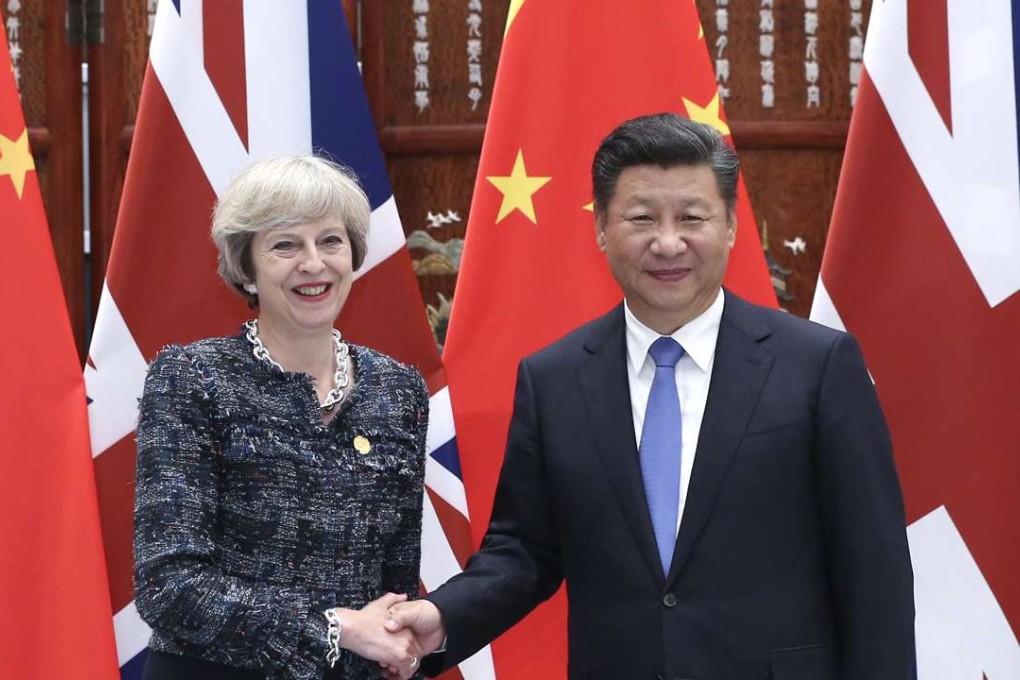Macroscope | Three fixes that can save the G20 from becoming just ‘a meeting place for leaders’
Gatherings of the leaders and finance ministers from the Group of 20 leading economies tend to promise a lot but come up short on substance

The eleventh G20 summit, held in Hangzhou on September 4 to 5, brought China’s 2016 presidency to an end. The over-arching target for this year’s G20 was support for “an innovative, invigorated, interconnected and inclusive world economy”. Nothing to argue with there.
But prevailing circumstances do not exactly smile upon the attainment of these objectives. Trade and investment continue to languish, reflecting low average GDP growth performance globally. Productivity growth seems to have taken extended leave.
A growing band of critics suggests that the G20 embodies too much diversity and too many competing agendas to amount to more than a meeting place for leaders
Populism nurtured by demagogic politicians has stoked the fires of anti-globalisation, especially in industrialised economies. Even without the ugly politics of false promise, a strong sense of exclusion has gripped large segments of populations in many low to zero growth economies.
Governments are in part to blame for disregarding the consequences of unevenly spread opportunity. Massive movements of refugees and a mounting incidence of terrorism have provoked increasingly unfriendly inward-looking attitudes, and intensified fears for personal safety and security.
Setting aside the appalling hardship facing refugee populations, some would argue that these ailments are rich country problems. Anti-globalisation is indeed more easily associated with the rich. But the consequences of spurning it are global.
In the face of all these challenges, it may look incongruous that the G20 had such an active year. The outcome document – the Hangzhou Summit Communique – is resolute. It represents the hard work of thousands of officials, several international agencies and sundry interest groups.
The array of issues covered is astounding, backed up by numerous support groups and tailored activities that made it all happen. The G20 received around 50 reports, communiques and statements. Engagement Groups included the T20 (Think 20), the B20 (business), C20 (civil society) and the W20 (women).

